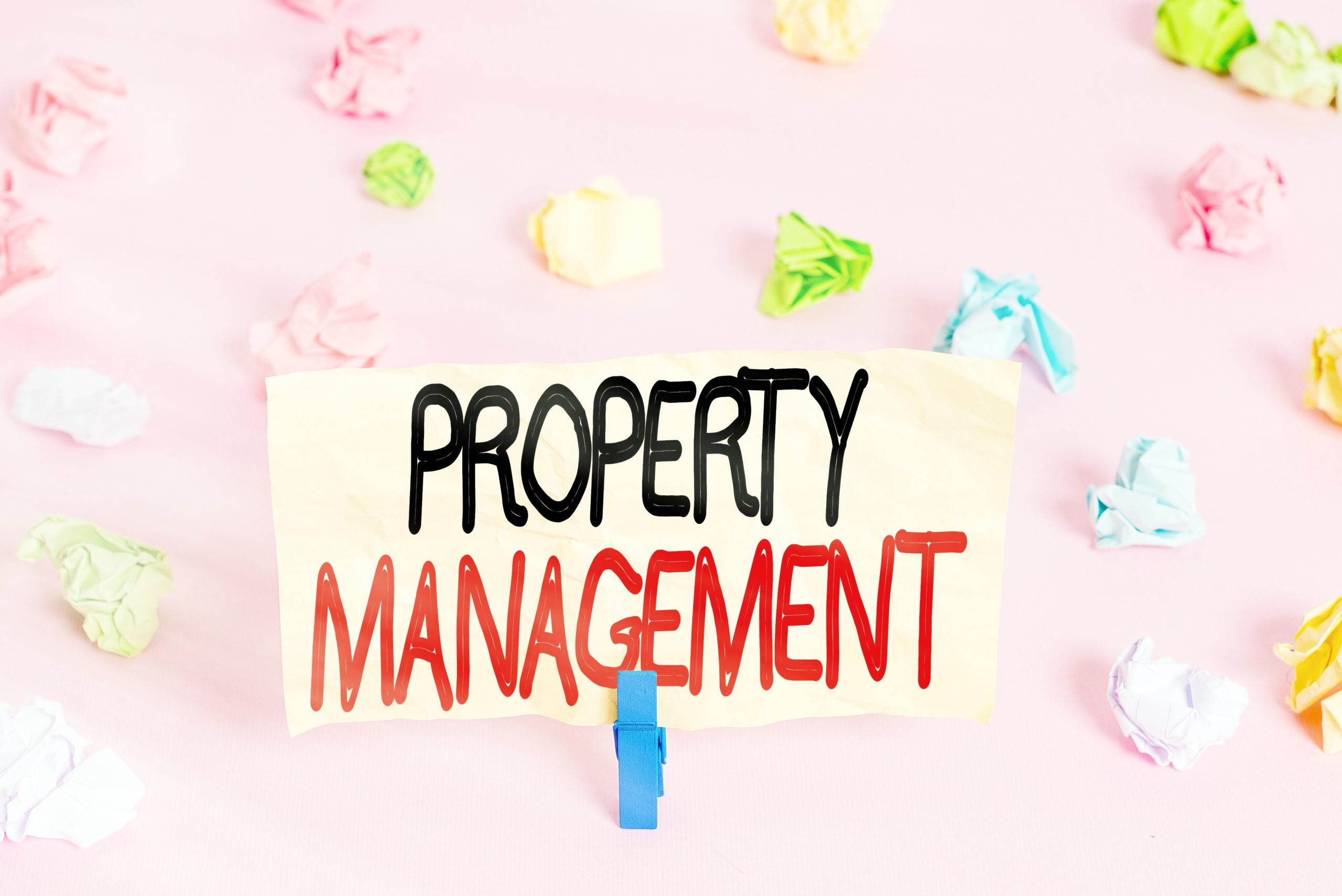Are you a budding property mogul? Have you always dreamed of owning multiple properties, whether that be in the UK or abroad, and want to make a living working for yourself? Then look no further than my ultimate guide to renting out properties for first time landlords. Whether you’ve always wanted a portfolio of sun-soaked properties in buzzing Spain, are a first time landlord who wants to specialize in quaint English Cottages or are a colour lover, who adores bold, brash and quirky houses, your choices are endless.

After all, as we spend more time at home, it’s important that we look for legit ways to make money that can diversify our income, and is something that we are passionate about. My boyfriend for example works in Sales for a reputable Science Journal company, but eventually would like us to be in a position where we are able to not only buy our first home, but also become a landlord, with carefully curated properties to our name.
This would enable us to create a passive income, while working from home, and could be a profitable side hustle, that we’d both enjoy. While there are many pros and cons to becoming a first time landlord, we prefer to focus on the positives. For example, what I love about blogging is the freedom of working for myself, creating my own opportunities and having unlimited creativity, where I have the freedom to share my art.

As for first time landlords, they have the joy of being their own bosses, the potential to earn a large income and security, as buying a property to let is a safe long-term investment. But what should you consider before you make the leap? From making sure you get insurance to protect your properties, right through to understanding rental laws and knowing your rights, here are 5 top tips that first time landlords should know.
Screen Your Tenants And Get To Know Them

Before you rent your property out to future tenants, it’s important to ensure that you take the time to get to know them. This is because the tenants are effectively ‘strangers’ and you don’t know enough about them to offer a house straight away. As a landlord it is your job to reference new tenants to check that they are reliable and are able to meet rent payments each month. This would include looking at credit eligibility, rigorous employer checks and previous landlord references. You would also need to check if they are legally able to live in the UK
As a personal example, I have lived in properties where the people I have lived with were clearly not screened before they were allowed to rent a room. In my previous home, I lived with an extremely unstable young man who was violent, aggressive and was destructive towards others and the property. Not only was I threatened many times, sent abusive messages, and had my property destroyed, but he also set fire to the house, broke and stole things in the house and would mark his territory by ‘peeing outside my door’.

He would shout and swear during the early hours of the morning, and would break things more times than I could count money in my bank. If the landlord had done an extensive reference check, he would have realized that he had a similar pattern of behaviour in his previous place, where he also destroyed the property he lived in, but not as extensively as he did in the place that we had lived together in. By doing your homework, you can prevent things like this happening in the property, and avoid destructive tenants who are trying to cost you money.
As well as checking credit eligibility and previous landlord references, you should also do in-depth interviews with potential tenants to see if they are a good match for your properties, and get the tenant to fill in a detailed application form, including showing a form of ID and bank statements which show their earnings. After all, first time landlords who want to find the perfect tenant need to be willing to go the whole nine yards.

Get Insurance And Protect Yourself (And Your Wallet)
One of the most important things that first time landlords should do is to get specialist ‘landlord insurance’. While you might think that a standard home insurance policy should do the trick, here’s where you are wrong. Landlord insurance and home insurance are vastly different. Home insurance might cover malicious damage in case of vandalism or even riots, whereas landlord insurance can help cover you if tenants cause wilful damage such as stealing pipework or destroying the property. Landlord insurance also helps cover you if you have loss of rent.

So as you can see, when you rent out a property, the associated risks are different. As a landlord there can be accidental or malicious damage in a property, you can lose rent if your property is not occupied and if an employee working on your property has got injured, landlord insurance can help cover the costs. So you will need insurance policy that protects you as a landlord, and is more tailored to your needs.
Before you decide on which insurance you should get, always compare landlord insurance, to get the best deal for you. No matter the type of property you own, picking the right insurance will help you protect your investment the right way. For example are you after the cheapest deal, do you want premium insurance that has got your back covered or are you somewhere in between? A great landlord insurance company is CIA Landlord Insurance, who compare quotes from a range of suppliers, so that they can provide you with rates that match your budget.

Understand Rental Laws And Know Your Rights
All first time landlords need to have a working knowledge of both landlord and tenant rights so that you can protect yourself if things go wrong. Not only should you know about security deposit rules and tenant notice laws, but you also need to do research on any inspections and licenses that you may need. For example a Tenancy Deposit Protection scheme is important if you have taken a deposit from your tenants.

You will need to protect the deposit within 30 days of receiving it and provide the tenant with both the ‘Deposit Protection Certificate’ and complete ‘Prescribed Information’. If you do not do this, you might not be able to evict your tenant, plus the full return of the deposit and a fine of up to three times the value of the deposit. To further protect yourself, you should write out a tenancy agreement that outlines the terms of the tenancy, so that both parties are on the same page. While written agreements isn’t a legal requirement, it is better to be safe than sorry.
All landlords must also ensure that their properties are at least EPC Band E before letting it out. This is an energy performance certificate which shows how energy efficient your property is. If you arrange a new let without having an energy performance certificate or do not have a property that is up to the minimum standard you could be fined. If you continually break rules you could also be banned from managing your property.

Carry Out Regular Safety Checks To Ensure Properties Are Safe
It is important that your properties are safe for your tenants to live in and that you take their health and safety into account. After all, I have lived in properties where they have been non-hygenic, falling apart, needing desperate repairs and even full of bedbugs, which is completely unsanitary. Don’t be one of those people. From making sure that the property is free from mould, to checking whether it needs repairs, the property needs to be up to scratch. If there is a leak in the house, don’t wait months to be able to fix it. Act quickly and gain your tenants trust.

All first time landlords should get gas appliances checked by a Gas Safe registered engineer every year, before providing tenants with a Gas Safety Certificate within 28 days of the annual check taking place. You must also make sure that your properties are fitted with fire alarms in case of a fire, and that they are all working properly. If your property has multiple storeys, then fire alarms must be fitted on each floor.
When you are inspecting the property or carrying out health and safety checks, it is always important that you get the tenants permission, and get 24-48 hours notice before you enter the property. This should be written in your tenancy agreement so that you are both clear on what your rights are, regarding inspections. You want your tenants to be happy, and most importantly safe in their accomodation.
Take Photos Before And After Renting

To cover your own back it is important that you take photos before your new tenants move in, so you know exactly how the property looked. If there are any pre-exisiting issues before they moved in such as cracked plaster or a leak, make a note of this and schedule someone to come and fix this, so this is not an ongoing issue. If there is damage caused by the tenants that needs repairing, you can withold this from the security deposit.
The tenant might try and say that the damage was already pre-existing, so by having a documented record of the property, you can prove that this is not the case. If you don’t have photos of the property before they moved in, this can escalate into a tricky situation as it would be their word against yours. You should take photos of all the rooms, furnishings, appliances and make sure that the property is sparkling clean before they move in. This sends a strong message to the tenant of the condition that you would like for it to be kept in.

What Are Your Tips For First Time Landlords?
*Disclaimer
Please note this is a collaborative post all thoughts are my own and are not affected by monetary compensation.
Leave a Reply